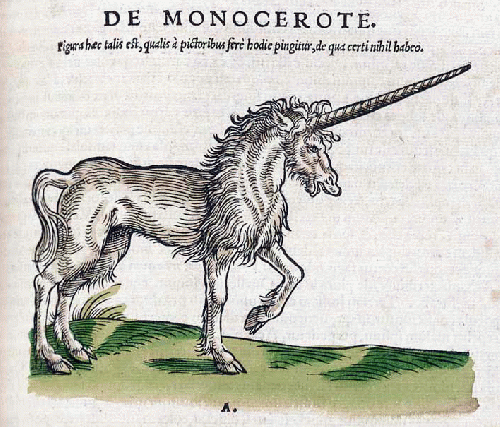The road to wealth
Until very recently nearly everyone lived in abject poverty. Most people had barely enough food to survive. In 1651 Thomas Hobbes depicted the life of man as poor, nasty, brutish, and short. Yet, a few centuries later a miracle had happened. Nowadays more people suffer from obesity than from hunger while the life expectancy in the poorest countries exceeds that of the Netherlands in 1750, the richest country in the world in the wake of the Industrial Revolution.
In 1516 Thomas More wrote his famous novel about a fictional island named Utopia. Life in Utopia was nearly as good as in the Garden of Eden. The Utopians worked six hours per day and took whatever they needed. His book inspired writers and dreamers to think of a better world while leaving the hard work to entrepreneurs, labourers and engineers. Today many of us have more than they need but still we work hard and feel insecure about the future.
Why is that? The answer lies within the dynamic of capitalism. It is not enough that we just work to buy the things we need. We must work harder to buy more, otherwise businesses go bankrupt, investors lose money, and people will be unemployed and left without income. In other words, the economy must grow. That worked well during the last few centuries, and it brought us many good things, but it is about to kill us now.
People in traditional cultures didn't need much so they were easily satisfied. Modern people in capitalist societies believe they never have enough. You can always go for a bigger house, a more expensive car, or more luxury items. Many of us do not need more. It is the advertisement industry that makes us believe that we do. We believe there is scarcity even when there is abundance. Therefore the economy must grow. That is what they tell us.
So what are the consequences of this belief? For instance, if you eat too much this is great for business profits. And if you become obese as a consequence and need drugs for that reason, you again contribute to business profits so this is even better. Meanwhile we are using the resources of this planet in a much faster pace than nature can replenish. Humanity is standing before the abyss. Civilisation as it is will not continue for much longer. The end is near.
What has this to do with interest? If we want more products and services, we need more businesses, so we need investments. To do investments, we need savings. And to make people save, we need interest to make saving attractive. Consequently investments need to be profitable to pay for the interest. But there can be too much of a good thing. If we don't need more stuff, we don't need more savings, and interest rates go down and may go negative.
A sustainable and humane economy?
Is it possible for humanity to live in harmony with itself and nature? We work harder than ever before and in doing so we destroy life on this planet. It is hard to change that. If you organise production differently then your products might not be sold at a price that covers the cost to make them. In a market economy the value of a product is the price it fetches in the market. Marketing often comes down to inflating the market price of a product or a service to make more profits.
In the past there have been two fundamentally different approaches to the economy. For instance, before Germany became united in 1990, there were a capitalist and a socialist Germany. Socialist Germany ensured that everyone was employed. People in socialist Germany had enough but they had little choice as to what products they could buy. For instance, in socialist Germany there were two kinds of yoghurt while there were sixty in capitalist Germany.
And there was little freedom in socialist Germany. The secret police were everywhere. When Germany became united the socialist economy collapsed. Most socialist corporations suddenly went bankrupt because no-one wanted to buy the products they produced. The ensuing reorganisation of the economy led to mass lay-offs and a staggering rise in unemployment. Ultimately 60% of the jobs in the former socialist firms disappeared.
Lives and entire communities in former socialist Germany were destroyed. People suddenly felt insecure about their future as businesses had to compete and make a profit in order to survive. In a market economy efficiency considerations determine what is produced. These efficiency considerations are the result of customer preferences as well as the requirement to make a profit. Loss-making businesses usually can't attract capital in a market economy.
The quest for efficiency means that fewer and fewer people are needed to produce the things we really need. To keep everyone employed in a capitalist economy unnecessary products and services must be produced when all needs are fulfilled, causing a rapid depletion of scarce resources as well as waste. At least in theory it is possible that we work a few hours per day and that resources can be freed up to address poverty and other social problems.
And what has this to do with interest? The profit a corporation is expected to make should be higher than the interest rate in the markets for money and capital. Because what's the point in making the effort and taking the risk of running a business if you can get the same return on a savings account? And so it appears that with negative interest rates corporations with zero profits can survive and that the economy doesn't need to grow.
(Note: You can view every article as one long page if you sign up as an Advocate Member, or higher).






